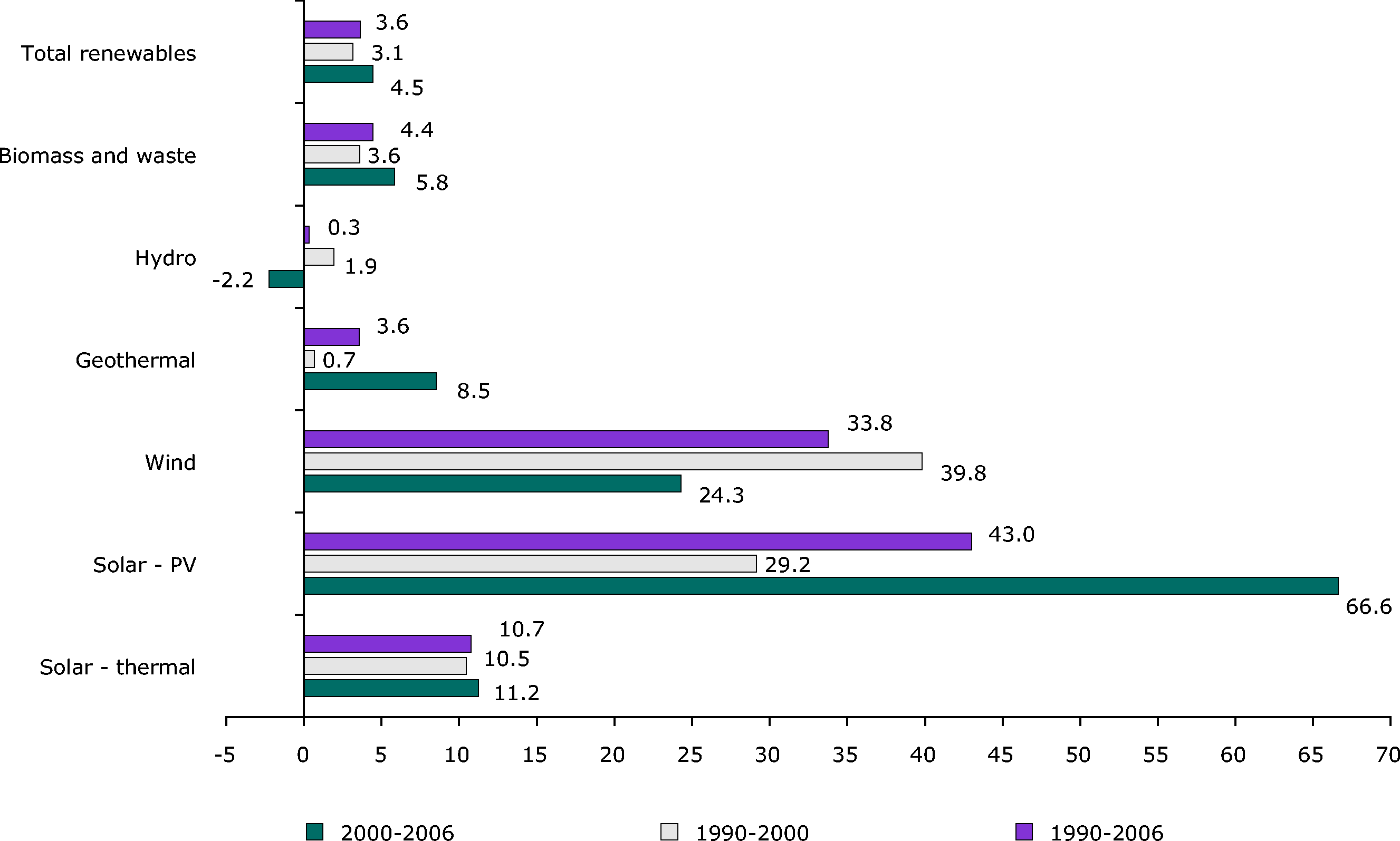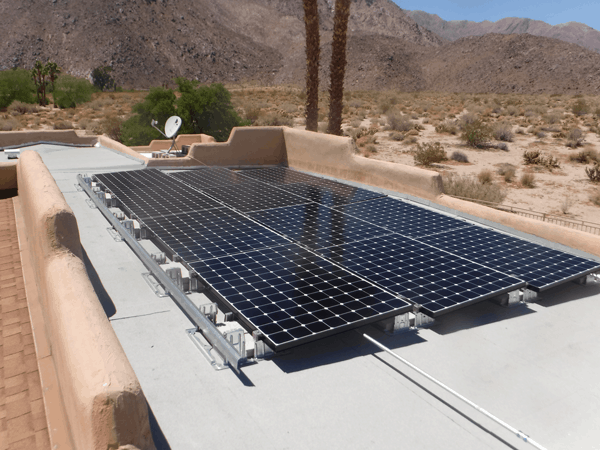
A sustainable energy definition describes a way to supply and use energy that meets the current needs, while minimizing environmental damage. It includes economic, socio- and environmental factors. In essence, sustainable energy is energy that meets all our needs without compromising future generations' ability. It must also be affordable and safe for the environment. This is a broad definition, and there are many other definitions.
A sustainable energy definition is an energy source and consumption that causes less damage to the environment.
It is energy that can be produced and used to meet the current needs without causing damage to the environment. This type of energy is free and renewable, and is derived from sources that do not harm the environment. Most renewable sources of energy are considered to be sustainable, and all of them are abundant and available in abundance.
There are many sustainable energy sources, including solar, wind, water, as well as geothermal. They are renewable, easily replenishable within a person's lifetime, and do no long-term harm to the environment. Alternative energy sources like geothermal and advanced composites are also sustainable.

It also includes considerations for environmental aspects
Energy sustainability also includes environmental considerations that may impact the production or use of energy. To reduce energy consumption and carbon emissions, it is possible to reduce material inputs. Resource efficiency is also an important consideration. It is estimated that global consumption of primary materials will double by the year 2050. Renewable energy sources may be used to reduce demand while still preserving the environment.
It is important to consider the economic, social, and environmental aspects of energy sustainability. Renewable energy is generally more sustainable than fossil fuels. However, not all renewable energy projects are created equal. A community may be able to adopt a particular technology, which can have an impact on its costs and benefits.
It also includes economic and social aspects.
Energy sustainability is a multifaceted concept that encompasses social, economic, and environmental aspects. These three components work together to ensure a more sustainable future of our energy needs. The lifeblood of society is energy. A sustainable supply is crucial for reaching the SDGs, including improved health, education, and environmental protection.
The social and economic dimensions of energy sustainability work together to reduce pollution and improve efficiency. Together, they promote renewable energy, green technologies, and other ways to reduce energy use. They promote environmental justice as well as global stewardship.

It is economically affordable
The energy sustainability of buildings can be enhanced through a range of technologies. These include the use of renewable energy resources and passive technologies. Many factors will impact the success of these measures, including culture, lifestyle and behavior. The introduction of district energy systems can help improve the sustainability of buildings' energy consumption. These systems can be used to generate electricity from both renewable and conventional resources and cover large areas.
Energy is an essential part of our daily lives. It is used for a wide range of services, including transportation, lighting, heating and cooling, and industrial processes. These services cover the entire energy lifecycle, from obtaining energy sources, to converting them, transporting and storing them, as well as all aspects of their storage. These services support social development and a decent standard of living.